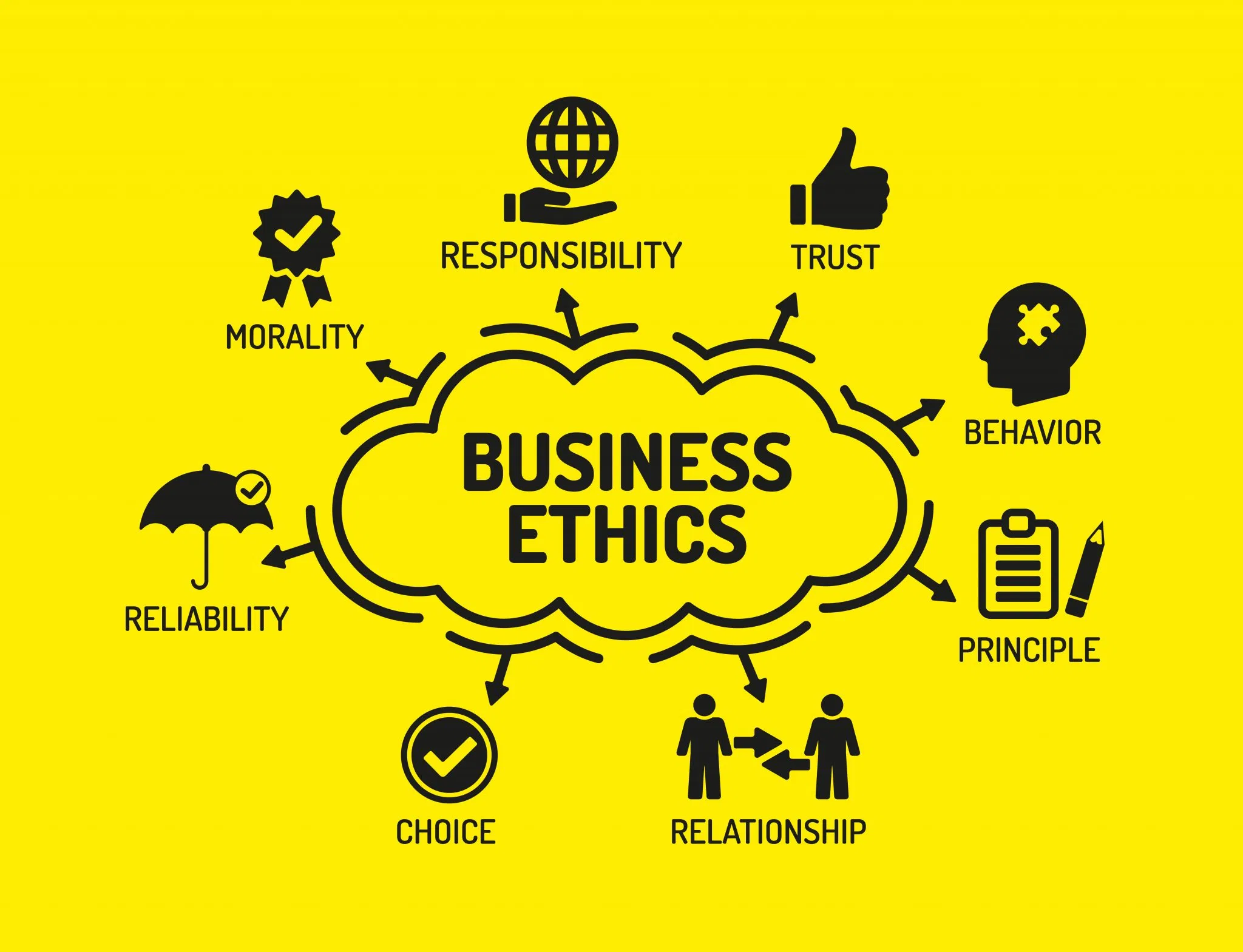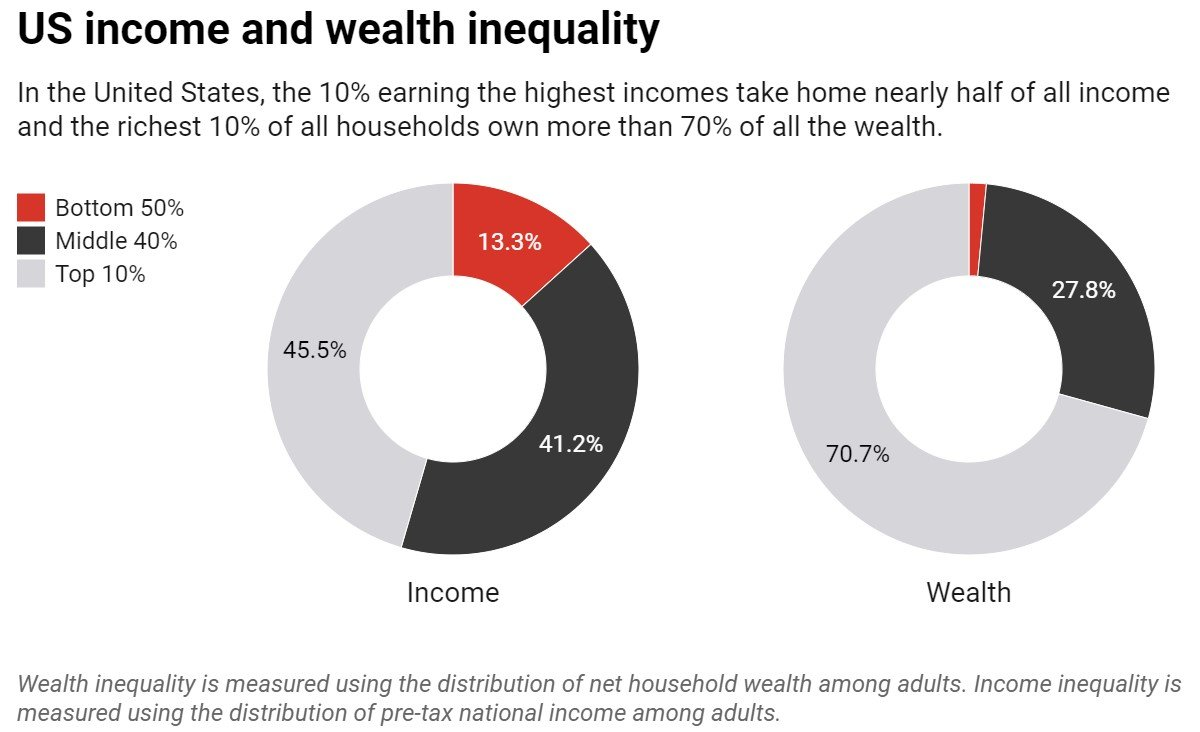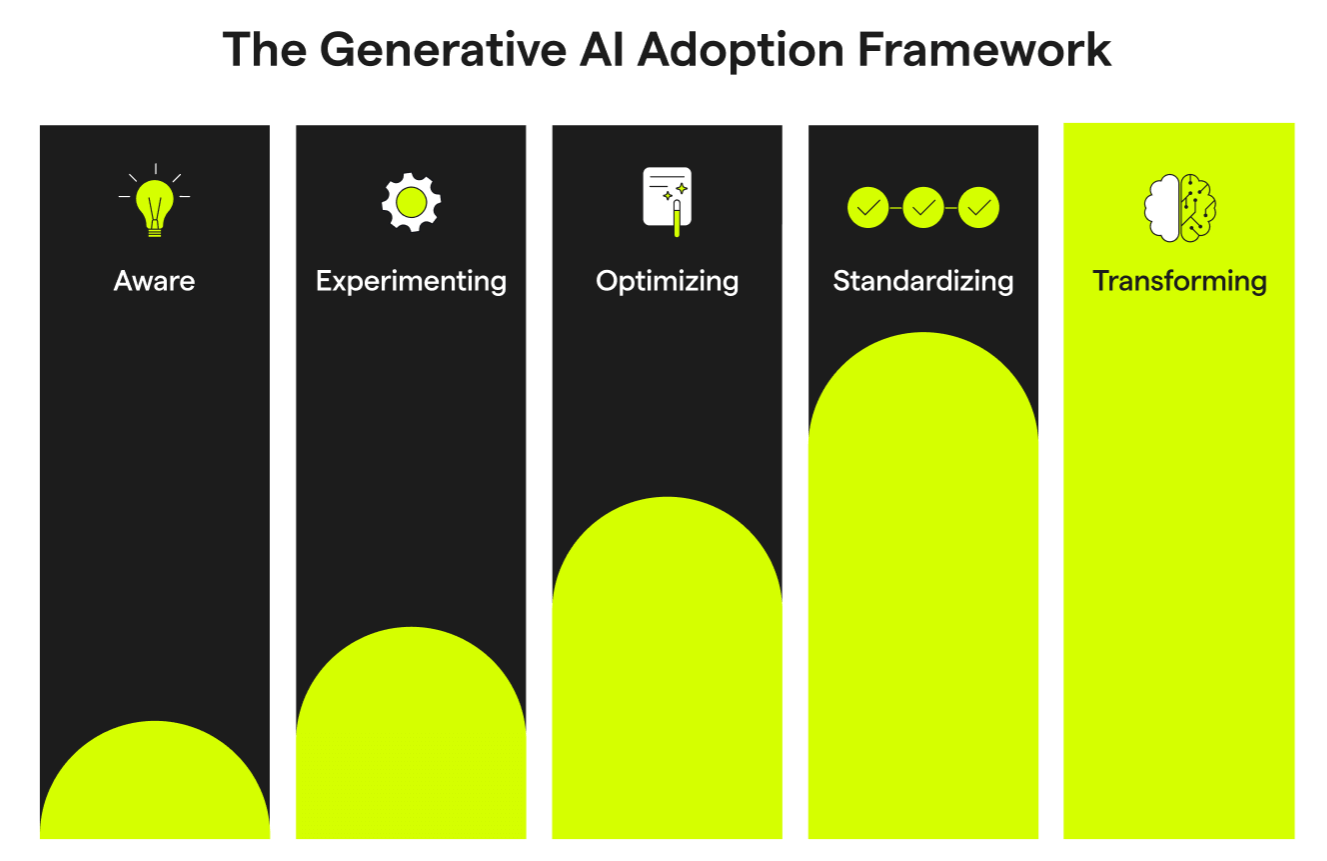In the contemporary business landscape, business ethics is paramount for fostering trust and integrity within organizations. As companies navigate complex challenges, ethical decision making becomes critical, influencing not just corporate reputation but also long-term sustainability. Business leadership today requires a keen understanding of not only legal compliance but also the ethical ramifications of decisions, emphasizing corporate responsibility at every level. Moreover, effective decision-making strategies are essential for addressing the intricate dilemmas that executives face in an increasingly interconnected world. By prioritizing ethics, organizations can create environments that promote responsible behavior and positively impact their communities and stakeholders.
When discussing the foundation of successful enterprises, one cannot overlook the concept of ethical practices within business operations. This pivotal aspect encompasses the adherence to moral principles that guide corporate behavior, ensuring that organizations act with accountability and integrity. As leaders grapple with decisions that affect multiple stakeholders, the focus on moral responsibility and community engagement shapes the ethos of modern entrepreneurship. Furthermore, the evolving nature of these ethical landscapes highlights the need for strategic approaches in addressing contemporary challenges while fostering a culture of ethical awareness. Ultimately, the commitment to ethical integrity serves as a benchmark for long-term success in today’s dynamic economic environment.
The Importance of Business Ethics in Decision-Making
Business ethics play a crucial role in organizational success and sustainability. Ethical decision-making involves not only adhering to legal standards but also considering the moral implications of one’s actions. In today’s rapidly changing landscape, with globalization and technological advancements such as AI, ethical dilemmas have become more complex. Leaders must navigate a myriad of stakeholders, from shareholders to the community at large, understanding that their decisions can significantly impact society. The integration of ethical considerations into business practices fosters trust and credibility, which are essential in building strong relationships with customers and partners.
Moreover, the significance of business ethics extends beyond crisis management; it is central to proactive strategy development. Firms that prioritize ethical standards are likely to foster a corporate culture that values transparency and integrity. This commitment can enhance employee morale, reduce turnover, and ultimately lead to increased productivity. As Joseph Badaracco emphasizes, modern business leaders must engage in ethical reflection and debate to comprehend the nuances of every decision, balancing profit motives with societal responsibilities.
Navigating Legal Compliance and Ethical Standards
Understanding the distinction between legal compliance and ethical standards is essential for effective business leadership. While legal compliance provides a foundation, it often lacks the moral framework needed to guide complex decision-making processes. In many cases, the law lags behind ethical considerations, leaving business leaders to rely on their judgment to navigate these areas. Decisions made with a solely legal perspective may skate dangerously close to unethical behavior, as seen in high-profile cases of fraud and misconduct. Therefore, proactive engagement with corporate ethics not only safeguards against transgressions but also establishes a robust framework for ethical leadership.
Corporate responsibility entails more than adhering to regulatory requirements; it embodies the commitment to operate in a manner that enhances societal welfare. It is essential for business leaders to engage with stakeholders actively, evaluate the potential impact of their decisions on all involved parties, and reinforce ethical principles within their organizations. Well-crafted decision-making strategies that incorporate ethical considerations and legal parameters position businesses to succeed authentically, fostering long-term relationships built on trust and respect.
Developing Effective Decision-Making Strategies
Effective decision-making in business requires strategic clarity and ethical foresight. Managers and leaders must equip themselves with decision-making strategies that promote thoughtful analysis of both the immediate facts and the long-term consequences of their choices. This often involves stepping back from the rush of day-to-day operations, as highlighted by Badaracco’s advice to take a pause before making critical decisions. This intentional reflection allows leaders to evaluate the ethical implications of their options thoroughly, which is crucial when navigating gray areas.
Incorporating diverse perspectives through collaboration can significantly enhance the quality of decision-making. Businesses that cultivate an environment where team members feel empowered to voice differing opinions are more likely to navigate complex issues effectively. This diversity of thought enables leaders to identify potential biases and challenges their own perspectives, ultimately leading to more informed, responsible decisions. By prioritizing collaborative strategies alongside ethical reflection, business leaders can enhance their decision-making processes significantly.
The Role of Reflection in Ethical Decision Making
Reflection is a fundamental component of ethical decision-making. As Badaracco notes, many successful leaders engage in some form of reflection, whether through quiet contemplation or discussions with trusted colleagues. This practice is essential in preparing oneself to confront the ethical complexities inherent in business decisions. By reflecting on the core values and responsibilities of their organization, leaders can better understand their moral obligations and align their decisions with these principles, providing clarity in challenging situations.
The importance of self-reflection is further amplified in the context of leadership. When leaders take the time to assess their thought processes, they can identify biases and preconceived notions that might cloud their judgments. This awareness is critical in ensuring that decisions are made with integrity. Engaging in regular reflection not only enhances one’s decision-making capabilities but also contributes to a culture of ethical awareness throughout the organization, inspiring employees to prioritize ethical practices in their work.
Understanding Cognitive Biases in Business Decisions
Cognitive biases can significantly distort decision-making processes within organizations. These biases, often unconscious, can lead business leaders to make choices that prioritize personal gain over ethical considerations. In situations where ambiguity reigns, it becomes even more critical to recognize these influences and strive for clarity. Employing strategies such as seeking feedback from others and conducting thorough analyses can help mitigate the effects of biases, allowing leaders to make decisions aligned with their organization’s ethical standards.
Moreover, fostering a culture of transparency and accountability mitigates the risk of cognitive biases manifesting in harmful decision-making. Creating an environment where employees feel comfortable addressing potential conflicts between business objectives and ethical considerations encourages a communal approach to ethical decision-making. By collectively addressing these gray areas, organizations can maintain a strong ethical compass, guiding leaders away from pitfalls and toward balanced, responsible decisions.
Navigating Gray Areas in Ethical Decisions
In the realm of ethical decision-making, grey areas often present some of the most formidable challenges. Unlike issues with clear legal parameters, these situations require a delicate balance between competing obligations and ethical considerations. Business leaders must engage deeply with the complexities of each circumstance, striving to discern the risks, stakeholders involved, and potential outcomes of their choices. The art of navigating these gray areas relies heavily on good judgment, informed by a robust understanding of corporate ethics and responsibilities.
To effectively address gray areas, decision-makers should utilize frameworks that integrate both ethical analysis and practical implications. This requires questioning the motivations behind certain choices, assessing their impact on all stakeholders, and seeking collaborative input. Ultimately, by building a commitment to collective ethical reasoning, organizations can approach these uncertainties with confidence and integrity, ensuring that their decisions reflect their core values and responsibilities.
The Evolution of Business Ethics Over Time
The landscape of business ethics has evolved considerably over the past few decades. Historically, the focus was primarily on deterministic models based on applied moral philosophy. However, today’s ethical discussions emphasize a more contextual approach that considers the nuances and complexities of modern business environments. With the global interconnections and technological transitions, leaders must now contend with a wider array of ethical challenges that can transcend borders and conventional practices.
This shift in business ethics also reflects a growing societal expectation for organizations to engage responsibly with various stakeholders. Companies are increasingly held accountable not just for their financial performance but for their impact on society and the environment. As Joseph Badaracco suggests, the challenges posed by technology and the intertwining of corporate responsibilities require a holistic view of ethics in business. This evolution underscores the importance of educational initiatives focused on ethics, equipping future leaders with the skills necessary to navigate this complex terrain.
Corporate Social Responsibility as a Business Strategy
Corporate Social Responsibility (CSR) has become an integral part of modern business strategy, blending ethical frameworks with operational objectives. As society’s expectations evolve, businesses are increasingly recognizing the value of integrating CSR into their core practices. This approach not only addresses stakeholder concerns but also fosters brand loyalty and enhances corporate reputation. Companies that actively engage in CSR initiatives demonstrate their commitment to ethical behavior, leading to positive community impacts and sustainable practices.
Implementing effective CSR strategies goes hand-in-hand with transparent communication and ethical leadership. Business leaders must ensure that their organizations prioritize social responsibility in decision-making processes. By promoting a company culture that values corporate ethics and responsible practices, organizations can motivate their employees to embody these principles. This alignment of ethics with business strategy ultimately strengthens the foundation for long-term success, allowing companies to thrive while contributing positively to society.
Strategic Approaches to Ethical Leadership
Effective ethical leadership is marked by the ability to inspire trust and navigate complex decision-making landscapes. Strategic approaches to ethical leadership involve clarity in communication, a commitment to serving the interests of various stakeholders, and a practice of integrity in all actions. Leaders who prioritize ethical considerations are better equipped to make decisions that align with the core values of their organization, fostering a culture of accountability and respect.
Furthermore, ethical leaders often employ a variety of decision-making strategies to enhance organizational integrity. This includes regular assessments of potential risks and the implications of decisions on stakeholders, as well as fostering an environment where employees feel empowered to voice ethical concerns. Promoting ethical leadership is essential in today’s corporate world, as companies face escalating pressures to act responsibly while maintaining their competitive edge. Ultimately, the efficacy of leaders hinges on their ability to integrate ethical principles into their strategies and operations.
Frequently Asked Questions
What is business ethics and why is it important for ethical decision making?
Business ethics refers to the principles and standards that guide behavior in the business world. It is crucial for ethical decision making because it fosters trust, enhances accountability, and shapes corporate culture. By adhering to ethical standards, businesses can avoid legal pitfalls and maintain a positive reputation, which can lead to long-term success.
How can business leaders apply ethical decision making in complex situations?
Business leaders can apply ethical decision making in complex situations by utilizing strategic frameworks that consider both practical outcomes and ethical implications. Reflective practices, such as gathering diverse opinions and weighing responsibilities towards stakeholders, can aid leaders in navigating gray areas and making sound decisions that align with corporate responsibility.
What are the legal compliance requirements tied to business ethics?
Legal compliance in business ethics involves adhering to laws and regulations that govern business operations. This includes understanding industry-specific regulations, anti-corruption laws, and labor standards. Organizations must implement training programs and audits to ensure that all employees are aware of and comply with these legal requirements, thus preventing unethical practices.
What role does corporate responsibility play in business ethics?
Corporate responsibility is a critical component of business ethics that emphasizes the responsibility of businesses to act ethically and contribute to societal goals. By engaging in corporate social responsibility (CSR) initiatives, companies demonstrate their commitment to ethical practices and contribute positively to their communities, which can improve brand loyalty and trust among stakeholders.
How can decision-making strategies improve ethical decision making in businesses?
Decision-making strategies improve ethical decision making by providing structured approaches to assess options and outcomes. Techniques such as ethical frameworks, stakeholder analysis, and scenario planning help leaders evaluate the broader impact of their decisions on society, the environment, and the economy, leading to more responsible business practices.
What are common challenges businesses face in maintaining business ethics?
Common challenges in maintaining business ethics include navigating legal gray areas, balancing stakeholder interests, and overcoming cognitive biases in decision making. Additionally, the rapid pace of technological changes and market dynamics can complicate ethical considerations, making it essential for businesses to continuously educate their employees and re-evaluate their ethical policies.
How can companies foster a culture of business ethics and ethical decision making?
Companies can foster a culture of business ethics by promoting open communication, offering ethics training, and setting a tone of accountability from leadership. Encouraging employees to speak up about ethical concerns and integrating ethical considerations into performance evaluations can reinforce the importance of ethical behavior throughout the organization.
In what ways can ethical decision making impact a company’s reputation?
Ethical decision making significantly impacts a company’s reputation by building trust with customers, investors, and the public. When companies consistently demonstrate ethical behavior, they are more likely to create a positive brand image, enhance customer loyalty, and attract potential partners. Conversely, unethical decisions can lead to public backlash and damage to the company’s credibility.
How has globalization affected business ethics and ethical decision making?
Globalization has expanded the scope of business ethics and ethical decision making by introducing diverse cultural perspectives and regulatory landscapes. Companies now face increased scrutiny regarding their practices in different countries, making it vital for them to adopt a flexible approach to ethics that considers local customs while upholding universal ethical standards.
What is the relationship between ethical decision making and organizational performance?
There is a strong relationship between ethical decision making and organizational performance. Businesses that prioritize ethics often experience better employee morale, higher retention rates, and improved brand reputation, which can ultimately lead to increased profitability. Ethical decision making also minimizes legal risks and fosters innovation by creating a supportive work environment.
| Key Aspects | Details |
|---|---|
| Definition of Business Ethics | Initially focused on applied moral philosophy, now emphasizes practical problem-solving and ethical perspectives. |
| Influence of Technology | Technological transitions like AI introduce new ethical challenges and complicate decisions. |
| Complicated Accountability | Business leaders face more complex accountability due to multiple stakeholders and regulations. |
| Judgment Spectrum | Good and bad judgments exist along a spectrum, not just black-and-white. |
| Decision-Making Reflection | Successful decision-making often involves reflection and consideration of core responsibilities. |
| Dealing with Biases | Collaboration and analytical focus can help eliminate personal biases. |
Summary
Business ethics is becoming increasingly vital in today’s complex corporate landscape. As organizations navigate intricate relationships with various stakeholders and adapt to technological advancements, ethical decision-making has never been more critical. Leaders must confront gray areas in business ethics, weighing competing obligations and responsibilities. By employing reflective practices and thorough analysis, decision-makers can foster an environment that prioritizes ethical considerations, allowing them to navigate challenges effectively and avoid unethical outcomes.



